
Our portfolio companies support the social, economic and environmental transformation the world needs. Long-term impact investments create new opportunities – and new ideas about what is possible.
The following is a selection of investments in circular value chains, sustainable food production, better healthcare and resource-saving technologies.
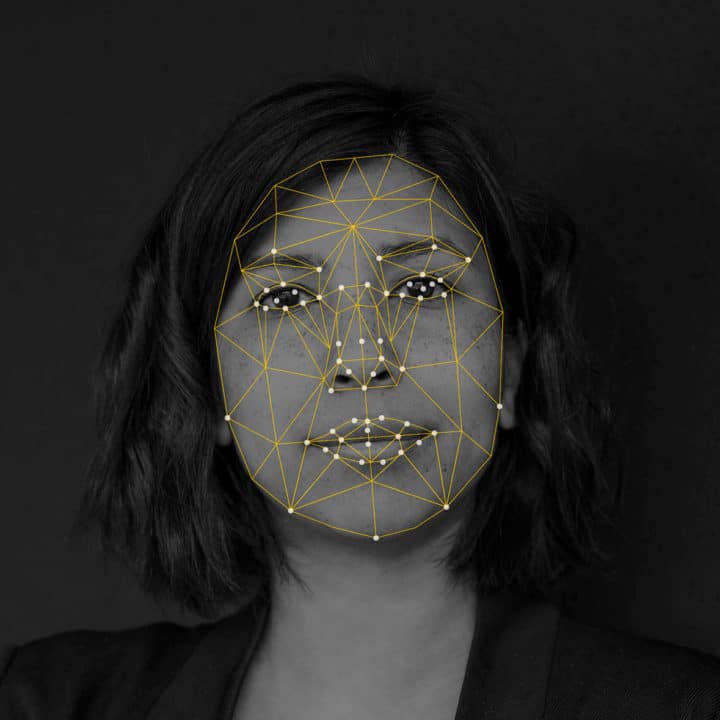
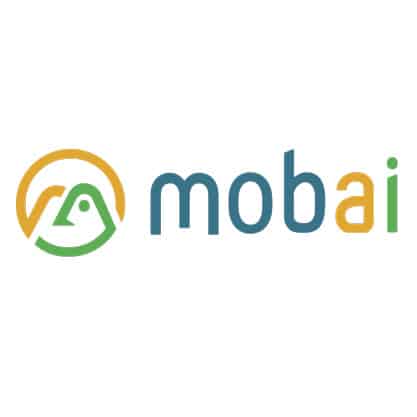
Mobai is a facial recognition system that works on any device with a camera.
The Multimodal Biometric Authentication solution utilize a combination of face, iris and ocular recognition to provide strong security and privacy protection.
The system is tailored to disclose manipulated facial features and protect the user’s data.
The technology is developed by internationally acknowledged researchers with expertise in biometric systems and state-of-the-art attack detection at the Department of Information Security and Communication.
Mobai is a spin-off company from the Norwegian University of Science and Technology – NTNU.
The company strives for a safe and available digital services for everyone.
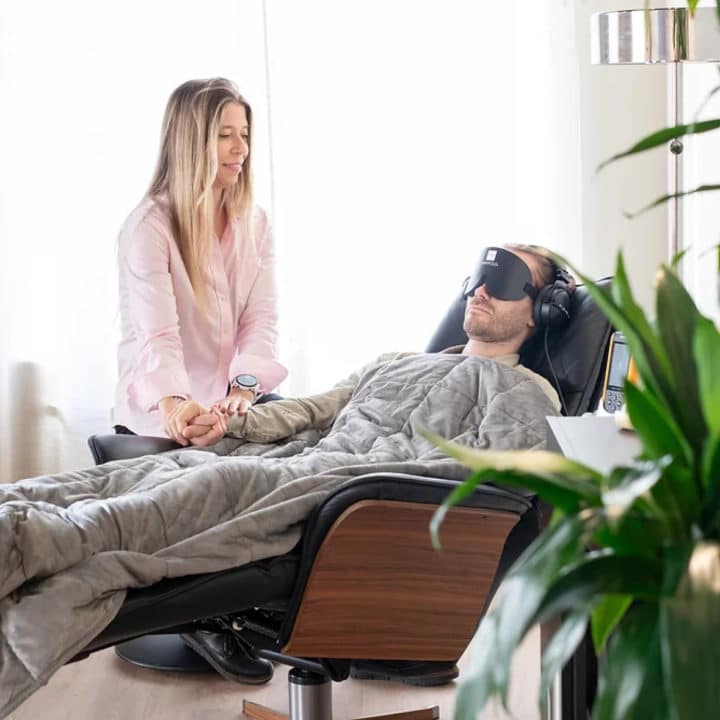
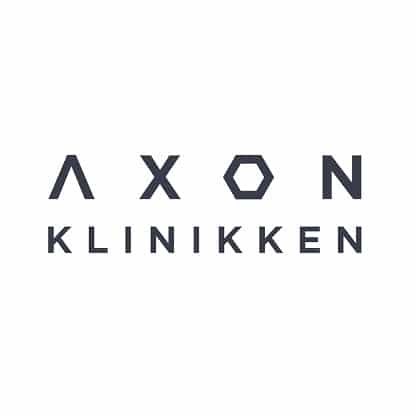
Axon Clinic is the largest clinic in the Nordic region specializing in ketamine-assisted psychotherapy. Its establishment in 2018 marked the commencement of a new era in mental health treatment in Norway.
Axon Clinic provides a combination of ketamine treatment and psychotherapy for individuals dealing with disorders such as depression, PTSD, chronic pain, and various anxiety disorders. The treatment is individually customized and overseen by the country’s leading experts in this form of therapy. Dr. Lowan Stewart, the Medical Director, has also served as an advisor for ketamine treatment in the public healthcare system.
Axon Clinic collaborates with the biotechnology company Awakn Life Sciences.
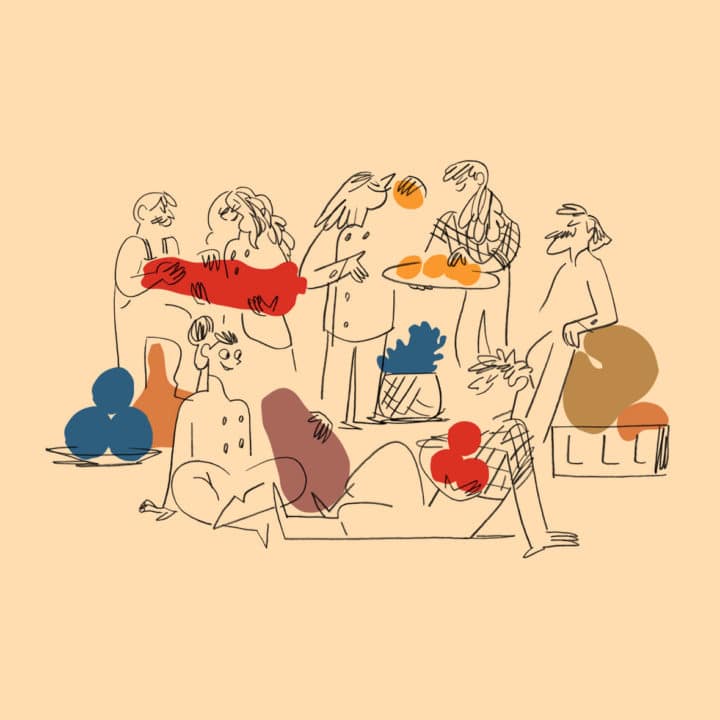
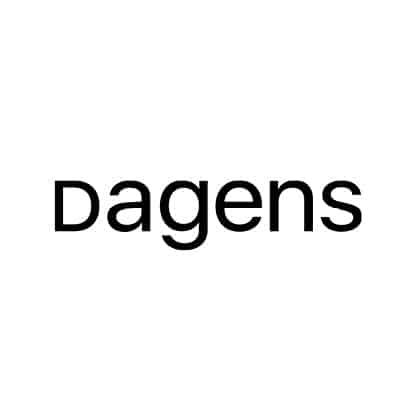
Dagens is a digital platform for direct trade of local, seasonal produce between farmers and chefs.
Dagens enables responsible food production on nature’s terms economically viable. The company’s supply chain cuts costs and middlemen, ensuring better earnings for the farmers and local, high-quality produce for chefs. With less admin, transport and coordination headaches – there is more time to grow and cook.
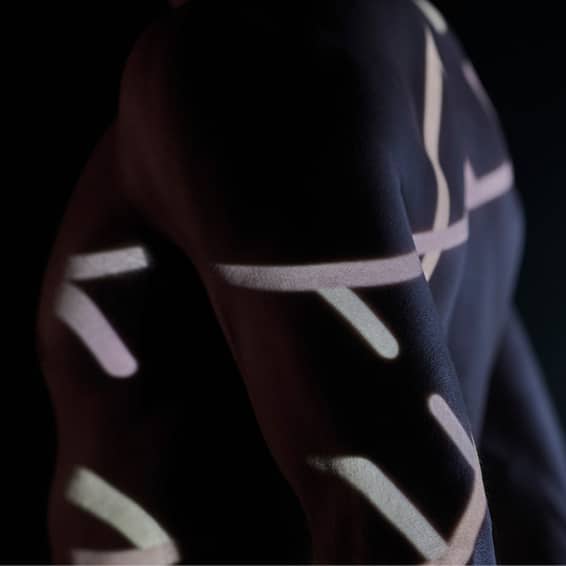
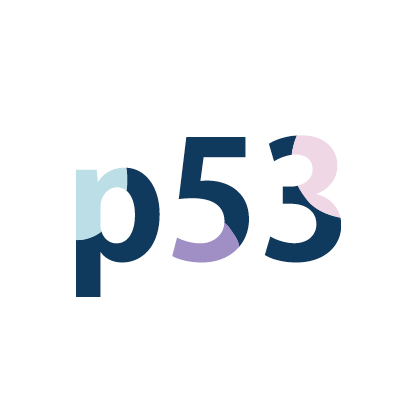
p53 invests in healthcare companies that are rethinking and challenging the status quo. The company wants to contribute to the development and commercialisation of groundbreaking ideas that will increase the availability of better treatments and innovative services with a particularly positive effect on people’s lives and health.
p53 works closely with entrepreneurs to build competitive healthcare companies. In addition to long-term capital, the investment company contributes value in the form of knowledge, experience and networks through active ownership.
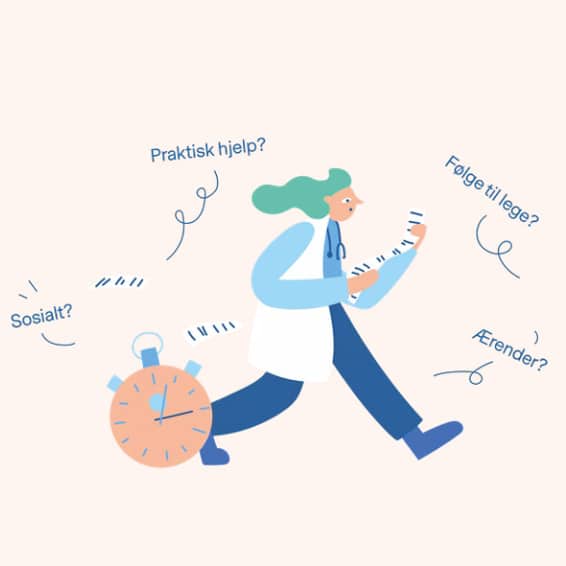
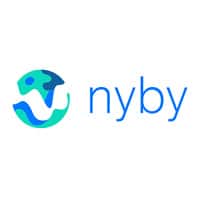
Nyby has developed a digital platform for resource collaboration. This helps free up the time of health professionals while helping the health and care sector create more and better services, reduce loneliness and be more inclusive.
The service is well established in the Norwegian market, where Norwegian municipalities and organisations use it for tasks and assignment sharing. Some of the needs facilitated are assistance with errands, practical help, attending medical appointments with the patient, exercise and social activities. Unlike much other welfare technology, Nyby is not a tool for replacing people, but for connecting them.
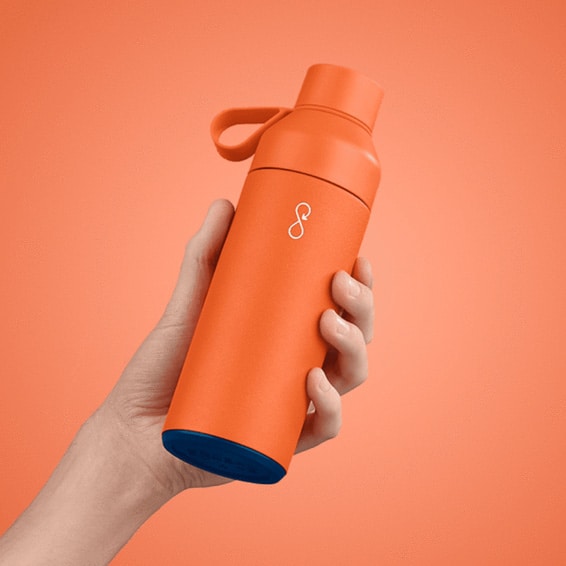
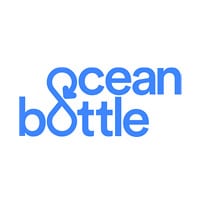
Ocean Bottle aims to stop the littering of the world’s oceans. By 2025, they intend to have prevented seven billion plastic bottles from ending up in the ocean. The company has developed “The Ocean Bottle” – a handy drinking bottle made of stainless steel and recycled ocean plastic.
By purchasing “The Ocean Bottle”, consumers help to reduce the use of plastic bottles. For each bottle sold, the company also finances the collection of ocean plastic corresponding to the weight of one thousand plastic bottles.
In areas where plastic pollution is a particularly big challenge, Ocean employs collectors who are paid for the plastic they collect. This gives more people access to social resources and economic security.
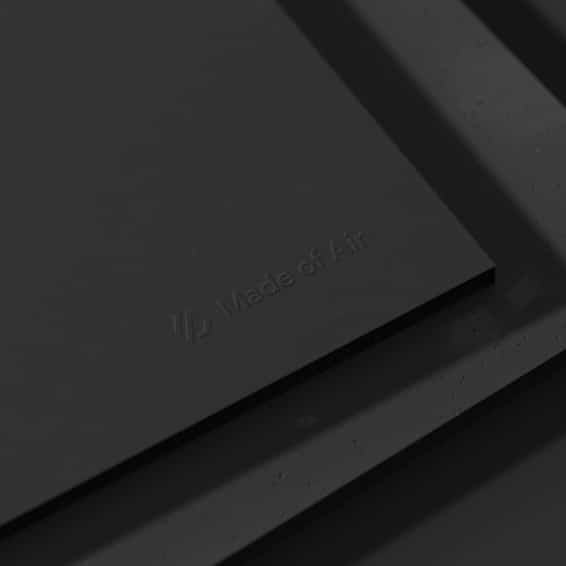
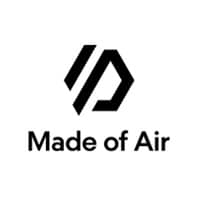
Made of Air is a materials company that helps reverse climate change. The company produces carbon-negative materials for industrial use, thus helping to replace fossil materials and composites in a variety of products.
In addition to replacing high-emission materials such as fossil plastics and aluminium, the Made of Air materials also bind carbon. Among other things, the company uses forest and farm waste in production, and the materials can be used for everything from facades to consumables.
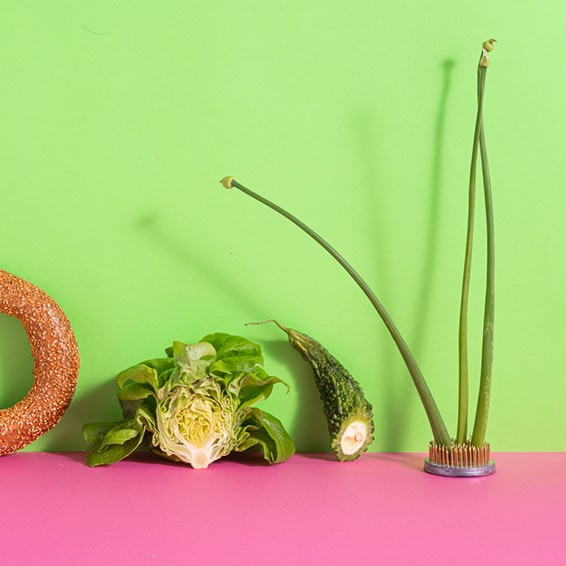
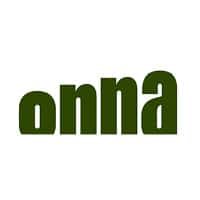
Onna is building Norway’s first large-scale vertical agricultural facility. The goal is to grow 350 tonnes of lettuce and herbs each year. Everything is grown in water and completely without pesticides.
Vertical agriculture is a method of sustainable food production that leads to reduced imports, transport and food waste. Vertical growing provides more efficient use of resources and land, in addition to the fact that indoor cultivation is independent of seasons and weather, enabling year-round production.
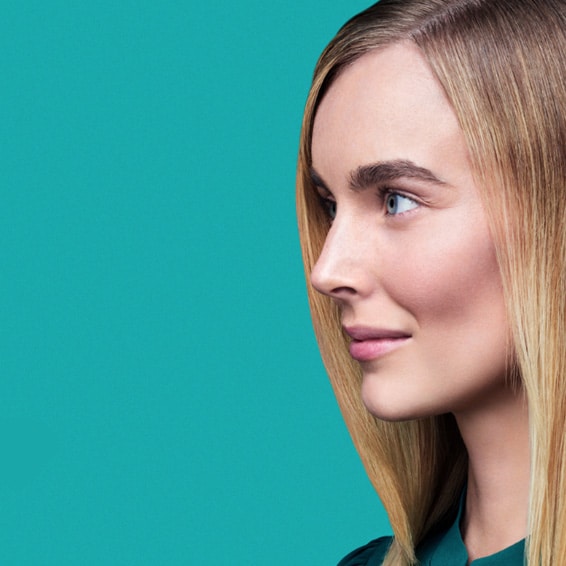
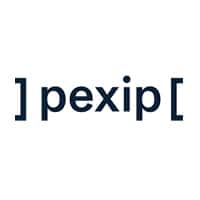
Pexip simplifies video communication across borders, businesses and platforms. The company has developed a scalable platform to enable safe, high-quality video meetings, and with seamless collaboration between previously incompatible video and audio technologies.
With Pexip, the user can rest assured that all data is processed securely and in accordance with applicable data storage and privacy requirements. The goal is to strengthen communication and cooperation across organisations, regardless of location or technology.
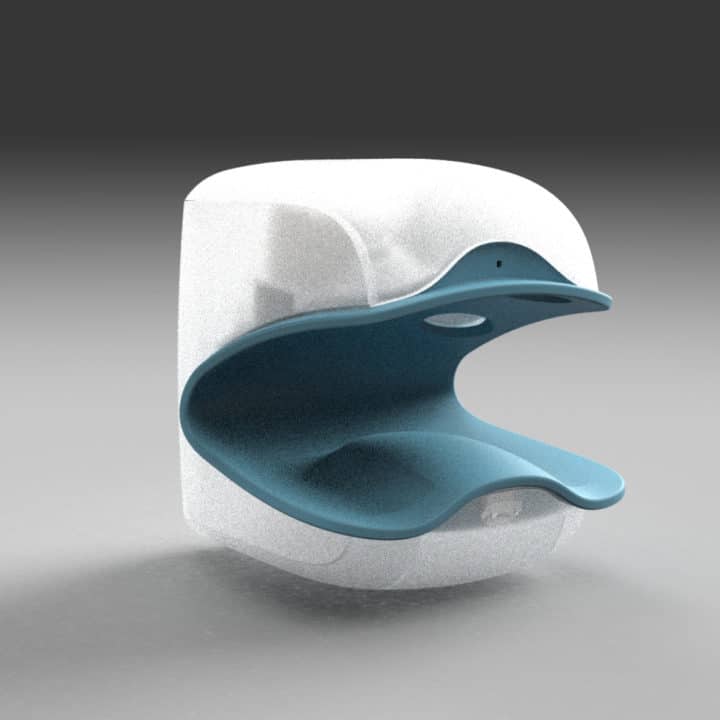
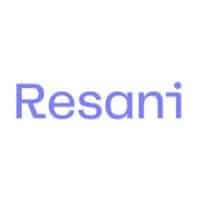
Resani develops disinfection technology that helps health professionals, patients, visitors and others massively improve their hand hygiene.
The goal is to reduce the incidence of infections and disease transmission from poor hand hygiene.
Through its patent-pending combination of user reflex, software and hardware, Resani enables you to comply with good hand hygiene in less than five seconds. At the same time, user data will provide useful analytics and valuable insights for organisations and institutions.
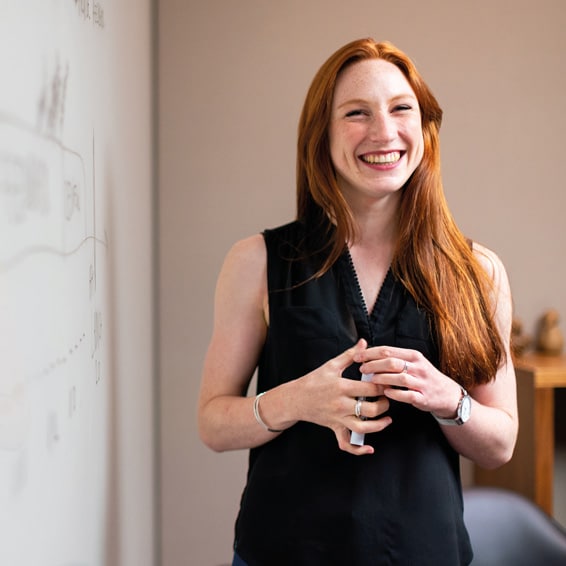
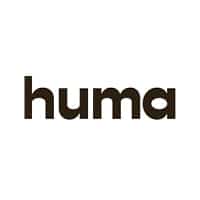
Huma offers its customers a smarter and better software solution for all types of HR services. The company’s message is that businesses and employees alike deserve intuitive, inspiring, intelligent, people-centric technology. It should be easy to use – and easy to like.
The HR system consists of a number of modules with simple processes and easy pricing. This means that you, the customer, can choose the HR system that best suits your business – with or without optional features. Huma offers integration with providers such as Tripletex, Slack, Google and Microsoft.
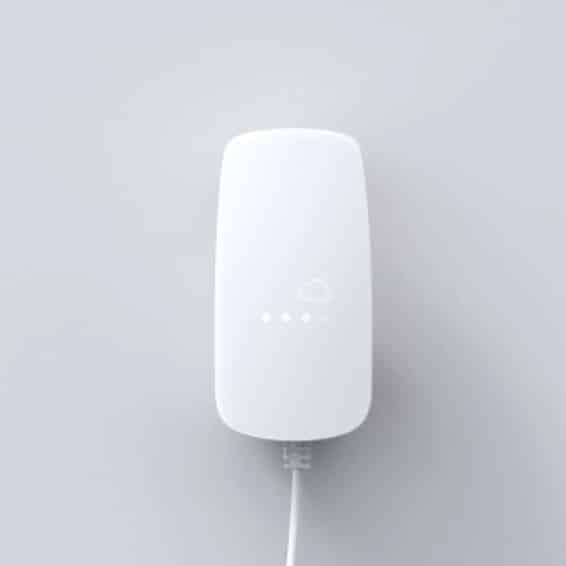
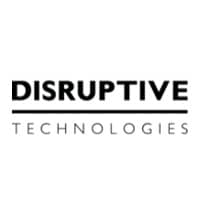
Disruptive Technologies is a Norwegian technology company that develops the world’s smallest wireless sensors for commercial use within the fast-growing IoT market.
The adaptable sensors have a variety of applications, are easy to install, have triple A+ safety rating and a battery life of up to 15 years. Designed to reach an ever-increasing number of operating components, the sensors can help make buildings intelligent and sustainable in minutes.
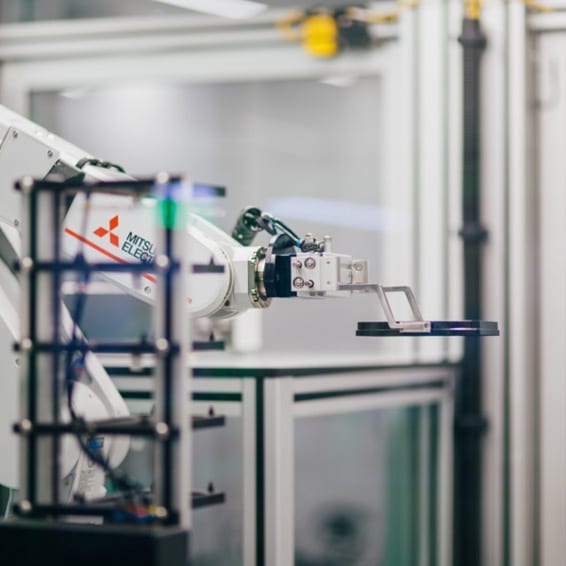
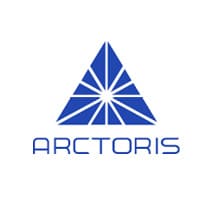
Arctoris has developed its own technology platform to facilitate data-centric development of pharmaceuticals.
The company aims to contribute to the development of new and better treatments for millions of people suffering from chronic diseases. Arctoris combines robotics, computer science and machine learning to make decisions based on reliable and reproducible data. Advanced calculations, together with a world-class team, drive development forward.
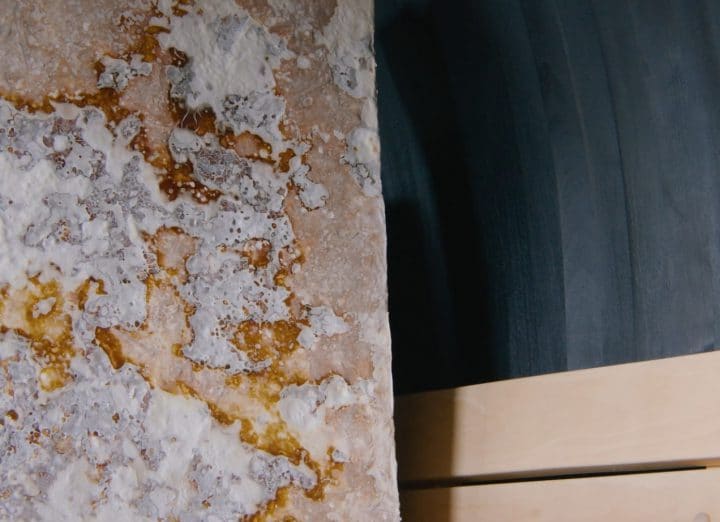
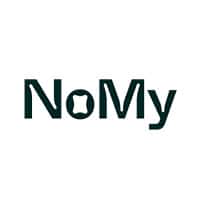
Norwegian Mycelium (NoMy) is a Norwegian technology company creating next-generation foods, feed and materials through advanced fermentation science. By combining the root structure of fungi (mycel) with other types of natural raw materials, the company develops sustainable products such as biomaterials and new protein sources.
The goods being developed can be produced locally, without the need for arable soil, without chemicals, and with a fraction of the carbon footprint of conventional products.
The company aspires to become a leading player in the transition to a circular and bio-based economy.
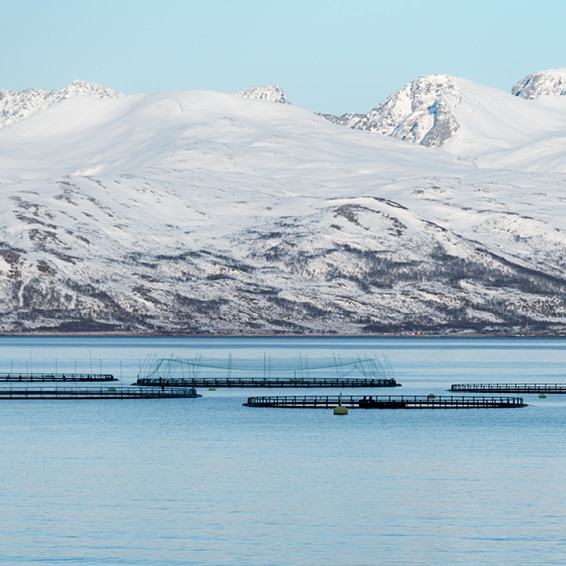
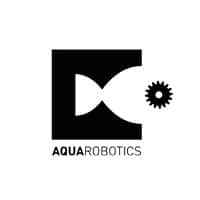
Aqua Robotics seeks to improve fish health in fish farms around the world. The Norwegian company develops technology that improves the aquaculture industry by ensuring environmentally friendly cleaning, lower costs and better productivity.
The company’s robot-based “HALO” system is the first fully automatic system for cleaning fish farming nets. Some of the advantages are better fish welfare, low energy consumption, as well as lower costs of maintenance and replacement of cages.
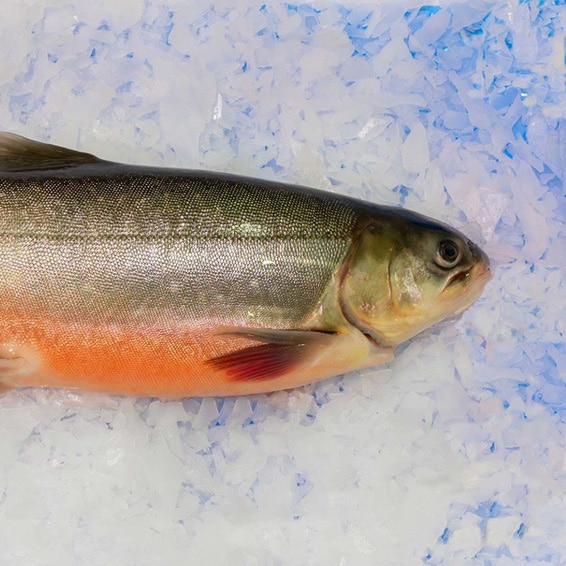
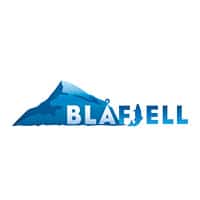
Blåfjell is a pioneer in land-based arctic char farming. The Norwegian company has established a full-scale RAS facility for environmentally friendly fish farming in Lierne. The plant is designed to produce large quantities of fish with relatively low water consumption, and where more than 99 per cent of the body of water is reused.
The main market for Blåfjell is the European restaurant market, and sales are increasing. The company has a licence for 975 tonnes MTB, which allows for current production to be increased tenfold, to 3,800 tonnes per year. The signal from the market indicates that demand will outstrip the capacity of today’s facilities, and Blåfjell therefore has a plan for expansion through several stages of construction.
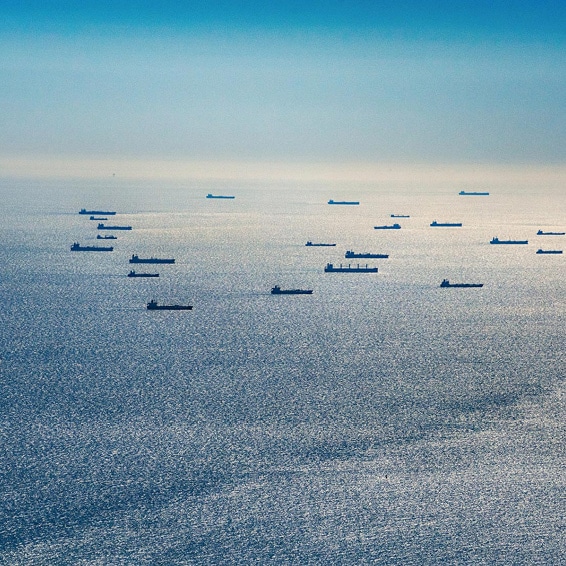
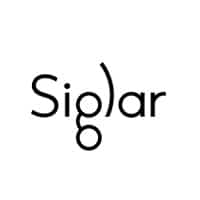
Siglar Carbon helps charterers and ship owners reduce emissions by monitoring, reporting and facilitating efficient logistics in global shipping. The goal is to use big data to significantly reduce carbon emissions in the shipping industry.
The company’s daily and data-driven indices provide impartial insight into expected carbon exposure from main travel routes. In this way, Siglar Carbon wants to stimulate all players along the value chain to gain an overview of and reduce their emission drivers.
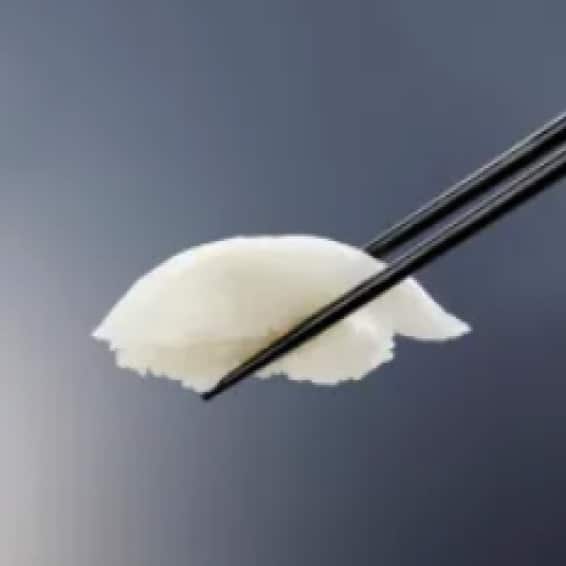
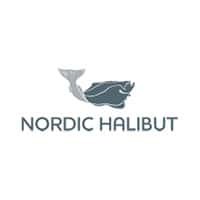
Nordic Halibut is a world-leading breeder of halibut, founded by a group of local enthusiasts in 1995. The company promotes responsible aquaculture, with a desire to have a positive impact on the environment, health and local communities.
The vision is to provide halibut of superior quality through a focus on fish welfare, sustainability, innovation and research.
Nordic Halibut is located on the Norwegian coast, with five sites between Bergen and Averøya. The company has full control of the production process from eggs to fish of harvestable size, and has fish available on ice all year round.

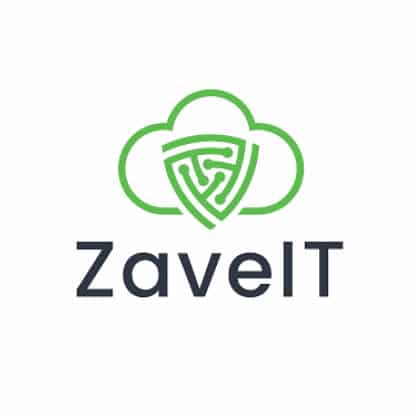
ZaveIT is a Norwegian software company established by entrepreneurs with over 30 years of experience in the IT industry. Their mission is to strengthen their partner’s ability to deliver excellent services and differentiation by giving them the tools to help them do so. By dramatically reducing operational costs through simplification and automation, they free up resources to increase sales and business development.
The platform integrates with suppliers and various systems to build unique services and automate and optimize sales and operations across suppliers and solutions.
ZaveITs unique RISC management and service virtualization technologies, they enable IT Resellers to build, sell and manage branded services, and optimize customer experience.